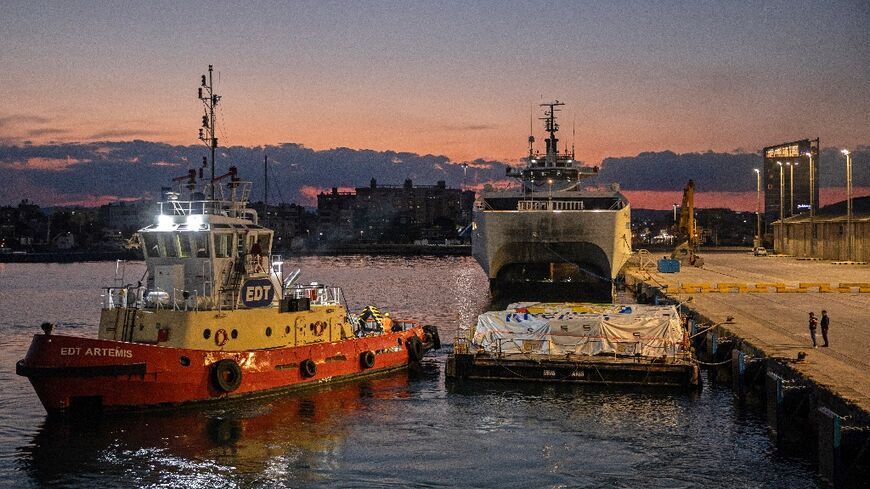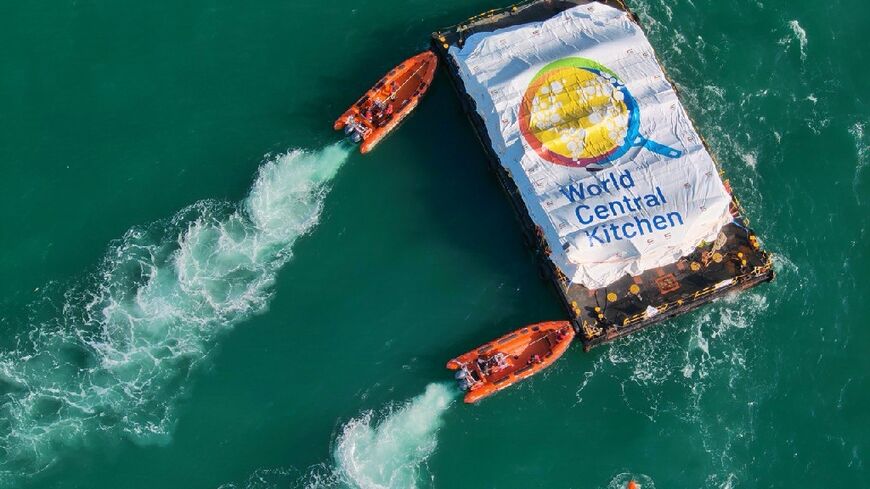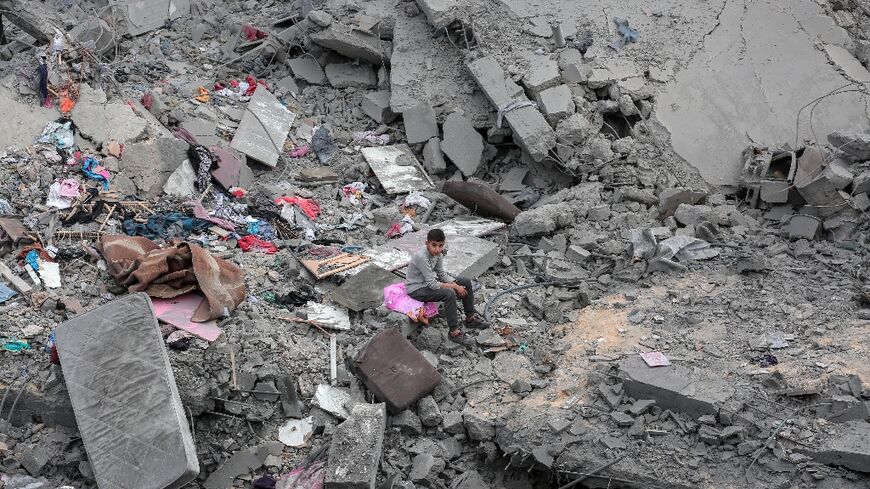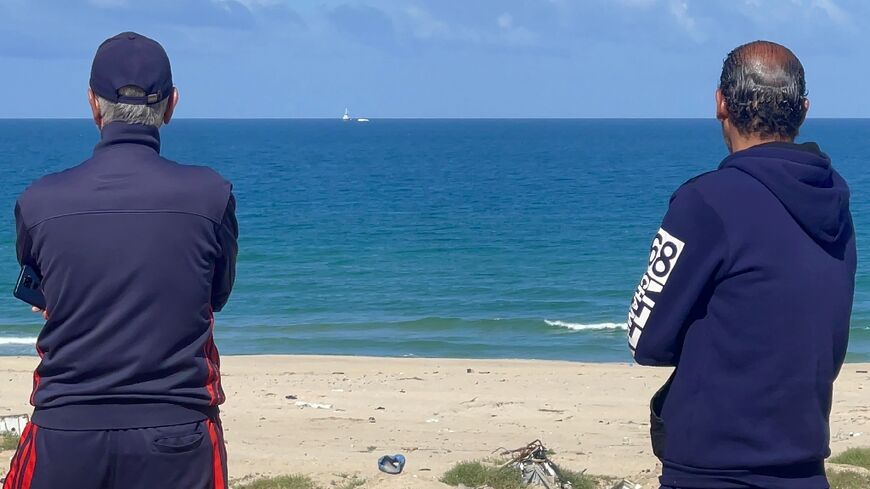Hamas says maritime aid route for Gaza inadequate

The Hamas-run government in Gaza said Wednesday that sending an aid ship from Cyprus to the besieged territory was an inadequate response to the needs of its 2.4 million people.
"According to what was announced, the ship's cargo does not exceed that of one or two trucks, and it will take days to arrive," Salama Marouf, spokesman for the government press office, said in a statement.
He said some logistical questions about the operation were unanswered and raised concerns about Israeli inspections.
"It is still unknown where it will dock and how it will reach the shores of Gaza," Marouf said.
"Moreover, it will be subject to inspection by the occupying army."
A former salvage vessel run by Spanish charity Open Arms set off from Cyprus early Tuesday towing a barge loaded with 200 tonnes of aid in a trial run for the maritime corridor.
On Wednesday, the vessel had yet to complete the nearly 400-kilometre (250-mile) crossing of the eastern Mediterranean to Gaza, where US charity World Central Kitchen said work was underway to build a makeshift jetty.
Echoing a point made repeatedly by UN agencies in recent days, Marouf noted that a maritime aid corridor was far less efficient than overland routes, and called for international pressure on Israel to let aid trucks through its border crossings.
An average of 112 trucks per day have been able to enter Gaza since the first checkpoint, in Rafah on the border with Egypt, opened on October 21, according to figures from UNRWA, the UN agency for Palestinian refugees.
Before the war, nearly 500 trucks a day entered Gaza, humanitarian sources have told AFP.
Cumbersome Israeli security checks on all cargoes entering the territory slow down the process, and some trucks are sent back when they are found to contain forbidden items, aid workers say.
Israeli authorities say bottlenecks are caused by aid piling up on the Palestinian side as there are not enough trucks to distribute it.
Gaza's dire food shortages after more than five months of war have resulted in 27 deaths from malnutrition and dehydration, most of them children, according to the territory's health ministry.
The war was triggered by Hamas's unprecedented October 7 attack on southern Israel, which killed about 1,160 people, mostly civilians, according to an AFP tally of Israeli official figures.
Israel's retaliatory military campaign to destroy Hamas has killed at least 31,272 people, mostly women and children, according to health ministry figures.





